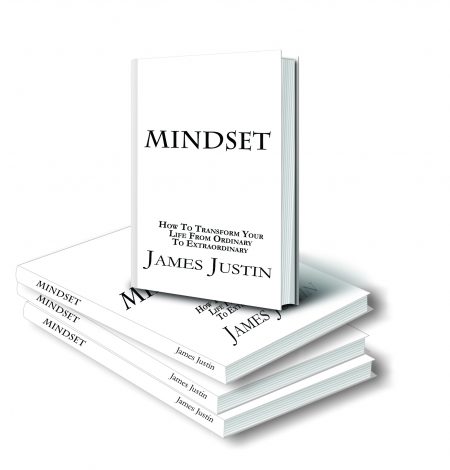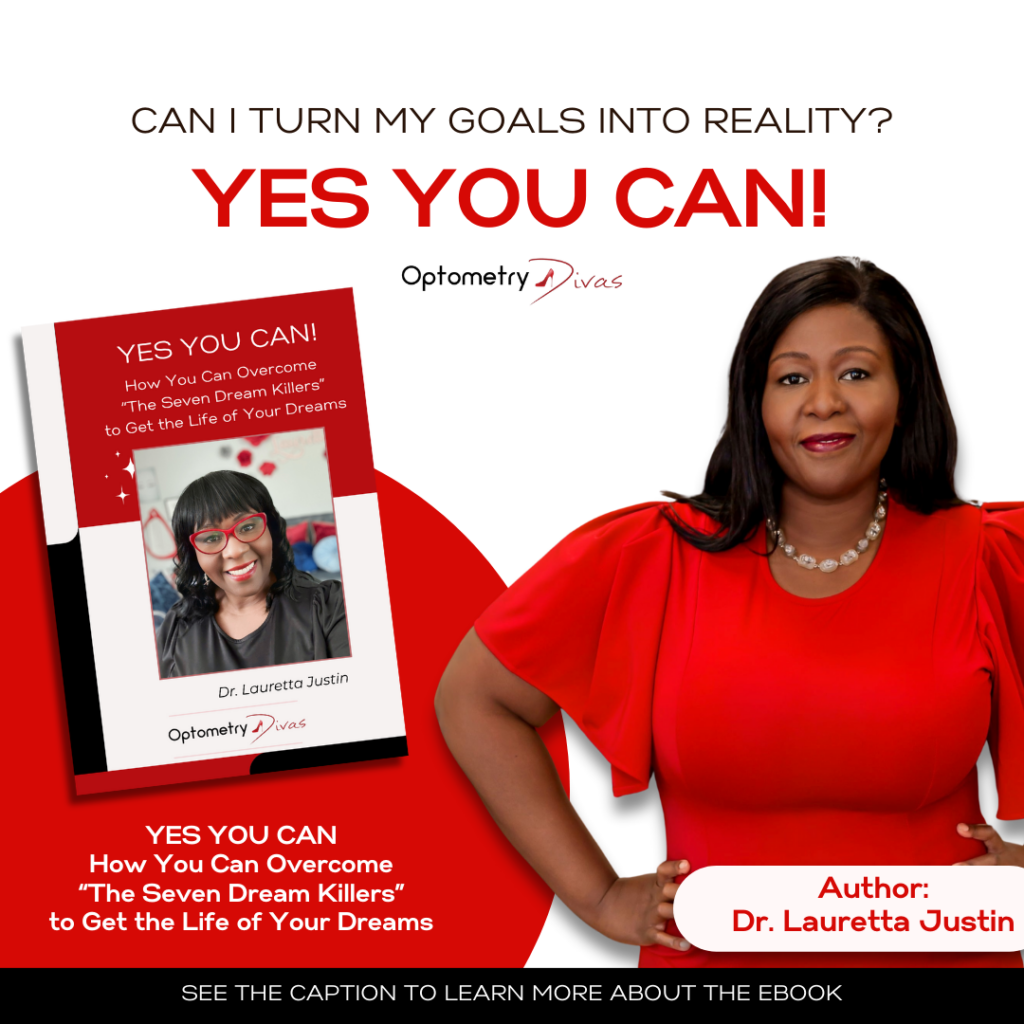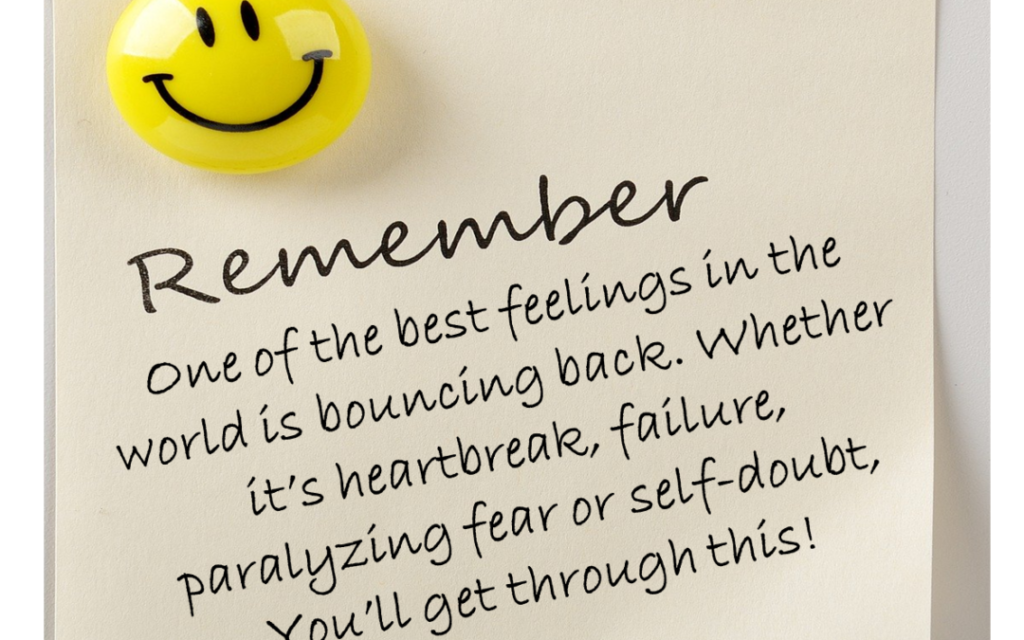Embrace the Journey: Growth Mindset vs. Fixed Mindset Inspired by James Justin’s Book

Our mindset shapes the way we perceive our abilities, confront challenges, and ultimately, how we live our lives. In his insightful book, “Mindset: How to Transform Your Life from Ordinary to Extraordinary“, James Justin explores the powerful distinction between a fixed mindset and a growth mindset. Let’s delve into these concepts and understand how adopting a growth mindset can transform our lives.
Understanding Fixed and Growth Mindsets
Fixed Mindset: A fixed mindset is the belief that our abilities and intelligence are static traits that cannot be significantly developed. People with a fixed mindset often avoid challenges, give up easily, and feel threatened by the success of others.
Growth Mindset: In contrast, a growth mindset is the belief that our abilities and intelligence can be developed through dedication, effort, and learning. Those with a growth mindset embrace challenges, persist in the face of setbacks, and find inspiration in others’ success.
Inspirational Examples of Growth Mindset
Thomas Edison: One of the most iconic examples of a growth mindset is Thomas Edison. Despite facing thousands of failures while inventing the light bulb, Edison famously said, “I have not failed. I’ve just found 10,000 ways that won’t work.” His relentless perseverance and belief in the power of effort exemplify the essence of a growth mindset.
Michael Jordan: Michael Jordan, often regarded as the greatest basketball player of all time, was cut from his high school basketball team. Instead of succumbing to a fixed mindset, Jordan used this setback as motivation to work harder and improve his skills, ultimately becoming a legendary athlete.
Psychological Insights into Mindset
In her groundbreaking research, psychologist Carol Dweck highlights the profound impact of mindsets on our behavior and success. Her studies reveal that individuals with a growth mindset are more likely to achieve their goals and overcome obstacles because they view challenges as opportunities to learn and grow.
James Justin builds on Dweck’s work in “The Mindset Shift,” emphasizing that a growth mindset is not only about believing in our potential but also about taking actionable steps to nurture that potential. He suggests practical strategies to cultivate a growth mindset, such as embracing failure, seeking feedback, and continuously learning.
Key Takeaways from “The Mindset Shift”
- Embrace Challenges:
- James Justin encourages readers to see challenges as opportunities for growth. Rather than shying away from difficult tasks, we should approach them with curiosity and a willingness to learn.
- Learn from Criticism:
- Constructive criticism is a valuable tool for improvement. Justin advises adopting an open attitude towards feedback, viewing it as a means to enhance our skills and understanding.
- Celebrate Effort Over Talent:
- A growth mindset values effort and persistence over inherent talent. Justin highlights that success is often a result of hard work and resilience rather than innate ability.
- Persist Through Setbacks:
- Setbacks are a natural part of the learning process. Justin shares inspiring stories of individuals who overcame significant obstacles by maintaining a growth mindset and persisting despite difficulties.
- Inspire and Be Inspired:
- Surrounding ourselves with people who embody a growth mindset can be incredibly motivating. Justin emphasizes the importance of building a supportive community that encourages growth and celebrates progress.
Applying the Growth Mindset to Different Areas of Life
Spiritual Health:
- Embrace the belief that your spiritual journey is a continuous process of growth and exploration. Engage in practices that deepen your understanding and connection, and view each experience as a step towards greater spiritual fulfillment.
Psychological Health:
- Approach mental health with the understanding that healing and growth are ongoing. Seek therapy, practice mindfulness, and adopt self-compassion to nurture your psychological well-being.
Physical Health:
- View physical fitness as a journey rather than a destination. Set realistic goals, celebrate small victories, and remain consistent in your efforts to improve your health and fitness levels.
Relational Health:
- Cultivate relationships with the belief that they can grow and improve over time. Communicate openly, practice empathy, and be willing to work through conflicts constructively.
Financial Health:
- Approach financial goals with a growth mindset by continuously learning about personal finance, investing in your skills, and adapting to changing circumstances. Believe in your ability to improve your financial situation through informed decisions and persistent effort.
Conclusion
Embracing a growth mindset can profoundly impact every aspect of our lives. By adopting the principles outlined in James Justin’s “The Mindset Shift,” we can transform our approach to challenges, setbacks, and opportunities. Remember, the journey to your true potential begins with the belief that you can grow, learn, and achieve great things.
As you move forward, let go of limiting beliefs and embrace the empowering philosophy that with effort and persistence, you can rise above any challenge. Celebrate the journey of growth and inspire others to do the same. Here’s to a life of continuous improvement and boundless potential!
Click HERE to get your copy of our MINDSET eBook!





Responses